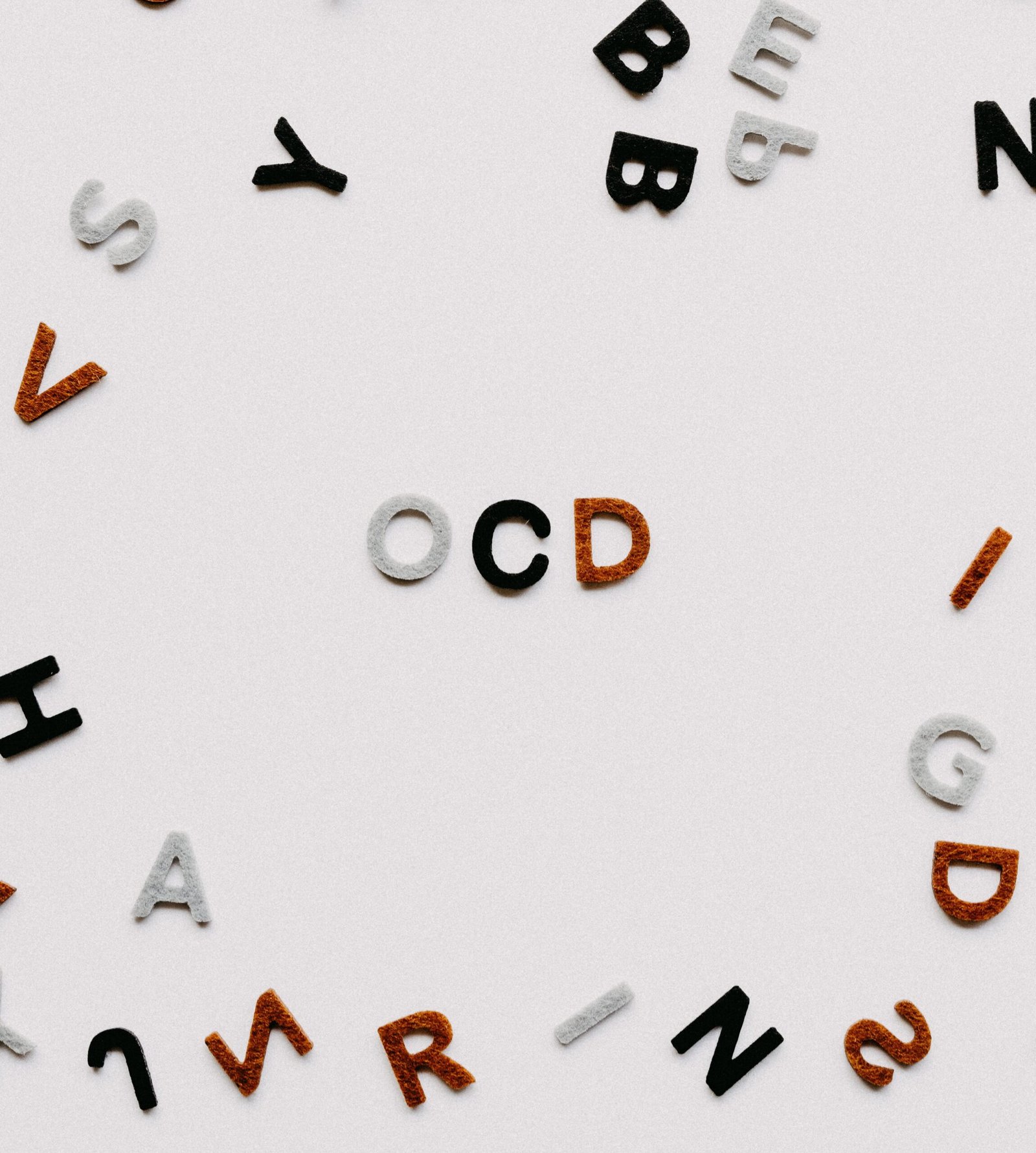Faulty Cognitive Appraisal and the Beliefs of OCD
Faulty Cognitive Appraisal and the Beliefs of OCD
Obsessive Compulsive Disorder (OCD) is classified as an anxiety disorder characterized by distressing persistent unwanted ideas or impulses (obsessions) and urges and/or compulsions to do something to relieve the associated anxiety caused by the obsession.
OCD is maintained by a number of cognitive beliefs and appraisal processes. These dysfunctional beliefs are linked with thinking and behaviour.
There are six cognitive beliefs thought to be the most relevant in OCD: control of thoughts, importance of thoughts, responsibility, intolerance of uncertainty, overestimation of threat and perfectionism (OCCWG; 1997, 2001, & 2003).
Cognitive-appraisal approaches focus on certain beliefs and meanings that drive and/or motivate psychological factors in the maintenance of disorders (Salkovskis, 1996). Most appraisal based models of OCD are heavily influenced by Beck’s (1976) cognitive specificity hypothesis.
Definitions:
• Intrusions: Unwanted thoughts, images, or impulses that intrude into consciousness and are called obsessions when they attain clinical severity.
• Appraisals: Expectations, interpretations, or evaluations of the meaning of particular phenomena such as unwanted intrusive thoughts.
• Assumptions (beliefs): Relatively enduring ideas that are pansituational and that may be specific to OCD or may be general assumptions about one’s self, that are relevant to other clinical disorders.


Salkovskis’ Cognitive Model of OCD
Salkovskis' Cognitive Model of OCD suggests that normal intrusive thoughts can turn into clinical obsessions when a person interprets them as having a high level of personal responsibility and significance. This means they believe that one has the power to cause or prevent significant negative outcomes. These beliefs lead them to misinterpret their thoughts as signs of personal responsibility. These inflated responsibility beliefs are more about preventing harm from these thoughts rather than causing them.
Salkovskis also suggests that these dysfunctional beliefs can develop through five paths linked to childhood.
These pathways include:
• broad responsibility since childhood;
• rigid and extreme codes of conduct and duty;
• over-protective and critical parents;
• an actual incident affecting the heath and wellbeing of others;
• an incident which appears to bring about harm but is actually coincidental.
These factors, combined with life events, prolonged stress, and low mood, can contribute to the development of exaggerated responsibility beliefs in individuals prone to OCD. (Salkovskis, 1996)
This hypothesis suggests that Individuals perceive themselves as responsible for something related to their obsessive thoughts, they tend to engage in behaviors, either observable or hidden, that are aimed at reducing the distress they feel because of these thoughts.
This hypothesis also suggests that the sense of inflated responsibility is not a general feeling but is specific to certain symptoms of obsessive-compulsive disorder. In other words, it proposes that individuals with OCD may feel more responsible for particular types of thoughts or behaviors, rather than feeling responsible for everything in their lives. This idea is gaining credibility through research.
A group called the OCCWG (Obsessive-Compulsive Cognitions Working Group) was formed in 1995. This group has 46 researchers from around the world who focus on studying the way people think in relation to OCD. This group defined some key beliefs related to OCD. These beliefs include:
• over-importance of thoughts,
• importance of controlling one’s thoughts,
• inflated responsibility,
• overestimation of threat,
• intolerance for uncertainty
• perfectionism.
The first five beliefs were reported to be OCD-specific, whereas the final belief, perfectionism was thought to be relevant but not exclusive to OCD (OCCWG, 1997; Clark, 2004).
Based on these beliefs, the OCCWG created two tests to assess them: the Obsessive Beliefs Questionnaire (OBQ-87) and the Interpretations of Intrusions Inventory (III-31).
Recent research has found strong links between these unhelpful beliefs and both OCD and the specific symptoms of OCD.
References:
McHugh O’Leary, E.M. (2007). Cognitive appraisal model of obsessive compulsive disorder (OCD): Recent advances. New Zealand Clinical Psychologist , 17(2), 2-8.
Beck, A. T. (1976). Cognitive Therapy and Emotional Disorders. New York: International University Press. Clark, D. A., & Wells, A. (1995). A cognitive model of social phobia. In R. G. Heimberg, M. R. Liebowitz, D. A. Hope, & F. R. Schneier (Eds.), Social phobia: Diagnosis, assessment, and treatment (pp. 69-93). New York: Guilford Press, .
Obsessive Compulsive Cognitions Working Group (OCCWG; 2005). Tolin, D. F., Woods, C. M., & Abramowitz, J. S. (2003). Relationship between obsessive Beliefs and obsessive-compulsive symptoms. Cognitive Therapy and Research, 27, 657-669.
testimonials
Cristian's kind and empathetic nature always made me find our sessions a safe and happy place. I gained a new perspective on so many things that had been causing me anxiety by learning about the CBT framework of anxiety”
I have referred many people to York Region CBT - Cristian over the last year and would support anyone any parent who's child is dealing with OCD to make that initial appointment and start working with Cristian.
Cristian is methodical and will take you through the CBT steps without any judgment and drama so soon you will find new ways of looking at things in a different light without changing your personality or things you believe in.



